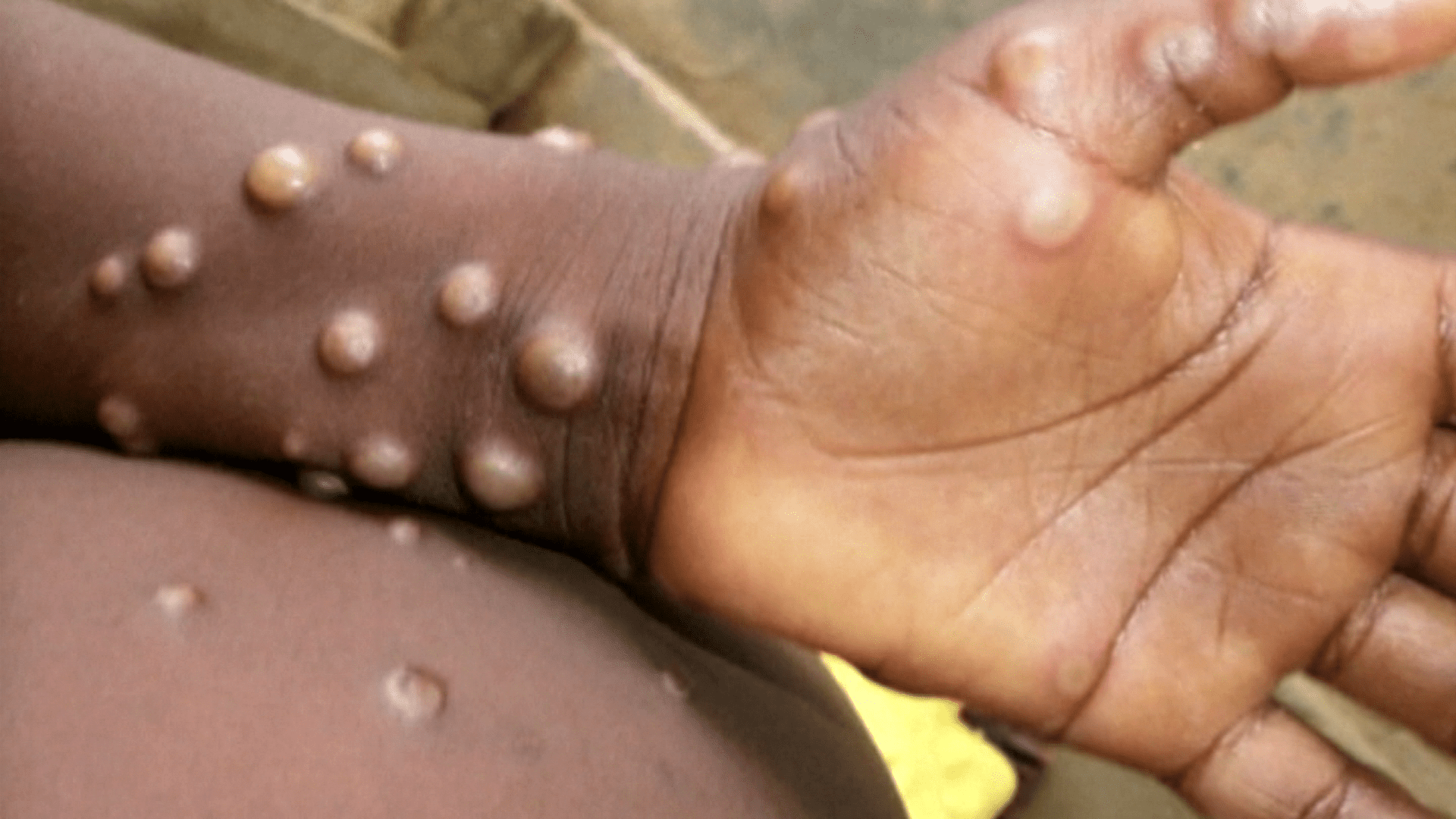A local perspective on information about monkeypox
[anvplayer video=”5125274″ station=”998130″]
According to the CDC, as of 8:00 pm on Thursday, July 28th, there have been 4,907 cases of monkeypox reported in the United States.
Regionally, case numbers are in the lower double digits. Minnesota has 30, Wisconsin has 13, and Michigan has 28.
A Northland local Essentia Health Infectious Disease doctor, Dr. Rajesh Prabhu, shared some information with WDIO on monkeypox and how concerned people should be.
“Monkeypox is related to smallpox; it is a virus infection; it is orthodox. The rash looks like a bad pimple. It is even similar to chickenpox, and it goes through different phases, said Dr. Prabhu.
If your body has been infected with monkeypox, Dr. Prabhu says that a “little red splotch will start to show up on your body, then it starts developing into a pimple, and these pimples are very deep; they can be painful.”

The degree level of the virus is dangerous, but it is not bad as in previous outbreaks, as Dr. Prabhu mentions. “The current outbreak of monkeypox is not as dangerous as some of the original sort of outbreaks that have occurred in Africa.”
Symptoms of the virus have similarities to other diseases, “you feel under the weather, flu-like symptoms, fevers, chills, body aches, and headaches. Traditionally in the prior versions of monkeypox outbreaks, you would get those symptoms before the rash develops with this current outbreak, some people get the rash first, and maybe they get a fever or no fever afterward,” said Dr. Prabhu.
The virus can be transmitted in different ways, by close skin-to-skin contact, body fluid exposure, and mouth-to-mouth, among a list.
According to health officials; transmission has been high among gay and bisexual men.
As Dr. Prahbu shares certain groups are more vulnerable to monkeypox than others. “The very young kids, people with compromised immune systems, whether it is through medications or underlying, you know, health conditions. For example, if you had cancer or had rheumatoid arthritis and you are on some medications that, you know, lower your immune system, people with immunodeficiency; HIV positive, but typically untreated HIV, and maybe the elderly; those maybe those are the more vulnerable. Currently, I think the outbreak is more in that demographic, you know, 20 to 40 years of age or something, you know, in that kind of average range.”
A vaccine for monkeypox is available, but it is limited to who can get it right now, explains Dr. Prabhu.
“It is actually a vaccine that was designed for smallpox, it can be done in a two-shot series, the first shoot then the second shoot in four weeks. There are limited supplies that are reserved for people that have been exposed to a person that has confirmed or who has risk factors, as we described before for monkeypox.”